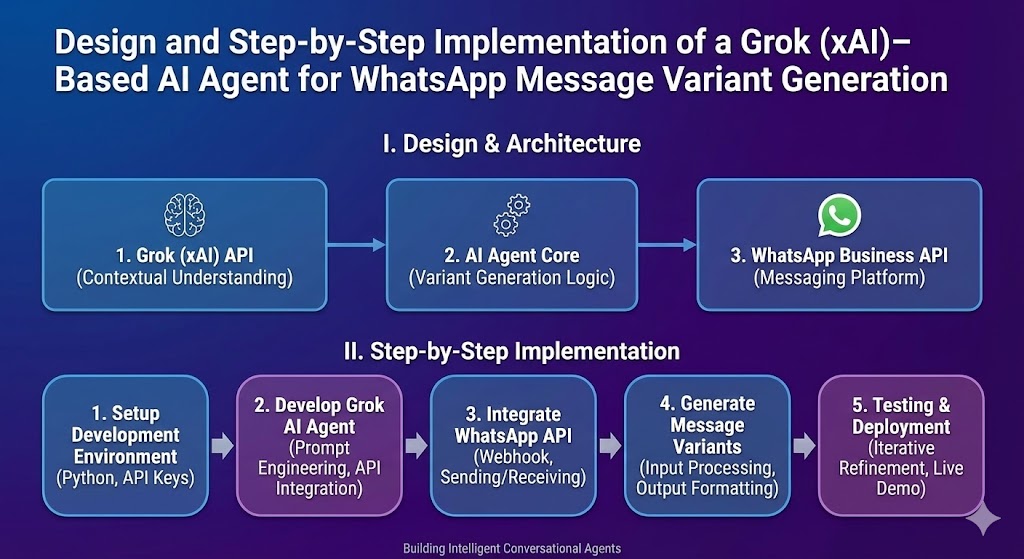As AI continues to revolutionize various industries, content writing is no exception. Numerous AI tools now offer capabilities ranging from simple text generation to comprehensive content optimization. Here’s an honest review of the top 10 content writing AI tools:
- GPT-4 (OpenAI):
- Strengths: Exceptional natural language understanding and generation, capable of creating highly coherent and contextually relevant content.
- Weaknesses: Expensive for extensive use, potential for generating factually incorrect or biased content without proper guidance.
- Ideal For: Complex writing tasks, detailed articles, and creative content.
- Jasper (formerly Jarvis):
- Strengths: User-friendly interface, numerous templates for different content types, and strong community support.
- Weaknesses: Occasionally produces repetitive content, subscription cost can be high.
- Ideal For: Marketing copy, blog posts, and social media content.
- Writesonic:
- Strengths: Affordable, versatile content generation options, and good for short-form content.
- Weaknesses: Quality can vary, sometimes needs significant editing.
- Ideal For: Ad copy, product descriptions, and short articles.
- Copy.ai:
- Strengths: Easy to use, fast content generation, suitable for quick marketing materials.
- Weaknesses: Limited depth for longer articles, can be repetitive.
- Ideal For: Social media posts, email campaigns, and advertisements.
- ContentBot:
- Strengths: Supports long-form content creation, integrated SEO tools, and affordable pricing.
- Weaknesses: Interface can be complex, occasional content accuracy issues.
- Ideal For: Blog posts, articles, and SEO content.
- Rytr:
- Strengths: Budget-friendly, supports multiple languages, and intuitive user interface.
- Weaknesses: Limited advanced features, can struggle with highly technical content.
- Ideal For: Startups, freelancers, and small businesses.
- Anyword:
- Strengths: Predictive performance scores for content, good for optimizing ads and marketing copy.
- Weaknesses: More focused on short-form content, premium plans can be expensive.
- Ideal For: Ad copy, landing pages, and email marketing.
- Scalenut:
- Strengths: Comprehensive research tools, strong SEO capabilities, and content planning features.
- Weaknesses: Learning curve for new users, occasional content quality variations.
- Ideal For: Content strategists, SEO professionals, and content marketing teams.
- Copysmith:
- Strengths: Collaboration features, good for bulk content generation, and AI-driven content ideas.
- Weaknesses: Requires manual editing, higher tiers can be costly.
- Ideal For: E-commerce, marketing agencies, and large teams.
- Frase:
- Strengths: Excellent for SEO, topic research, and content optimization, integrates with various tools.
- Weaknesses: Can be complex for beginners, primarily focuses on optimization rather than generation.
- Ideal For: SEO specialists, content marketers, and agencies.
Conclusion
Each AI content writing tool offers unique strengths and weaknesses. Selecting the right tool depends on your specific needs, budget, and the type of content you aim to produce. For comprehensive and high-quality content, GPT-4 remains unmatched, while tools like Jasper and Writesonic provide a balance between usability and performance for various marketing needs. Consider your priorities—whether it’s cost, ease of use, or advanced features—when choosing the best AI tool for your content creation efforts.









